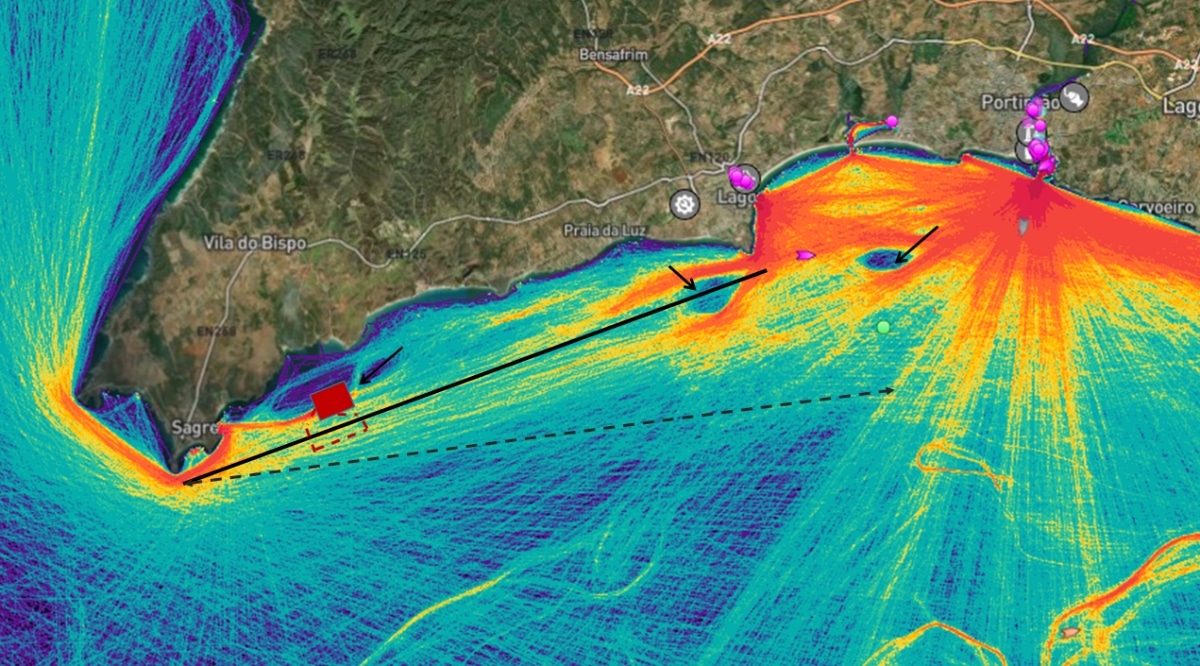Expansion of offshore aquaculture could jeopardise the local economy, the local council says
The municipal council of Lagos has voiced strong opposition to the proposed expansion of an offshore aquaculture project in the western Algarve (Barlavento) region, which it says threatens to disrupt local fishing, nautical activities, tourism, and the regional economy.
The expansion, led by Finisterra S.A., aims to cultivate Mediterranean mussels (Mytilus galloprovincialis) across nearly three million square metres between Ponta dos Caminhos and Ponta do Torre in Vila do Bispo.
However, the council points out that this area is vital for artisanal fishing, and that the expansion of offshore aquaculture would “negatively affect” the lives of over 300 families who depend on artisanal fishing for their livelihoods. It is also a prime fishing area for open-sea species like sardines, horse mackerel, and mackerel, along with demersal fish, molluscs such as octopus and bream, and shellfish, the local authority stresses.
Additionally, the council fears that the expansion poses risks to nautical tourism, a significant facet of Lagos’ economy, affecting operators in recreational boating, maritime tourism, and naval repairs, who would face potential losses due to restricted access and increased navigational hazards caused by equipment like buoys and cables. The council highlights safety concerns associated with inadequate infrastructure marking, which, when combined with Algarve’s strong winds and currents, could jeopardise vessels and their passengers. Such issues may damage the region’s reputation as a premier maritime destination, discouraging visiting yachts and tourist vessels, the council adds.
While acknowledging the importance of offshore aquaculture to Portugal’s economy, the council has formally expressed its objection to the concession of the Aquaculture Activity Title (TAA) to Finisterra S.A. The council is urging the Directorate-General for Natural Resources, Safety, and Maritime Services to reassess the regulatory framework governing such activities, emphasising the need for stronger oversight to balance economic benefits with regional impacts.


























